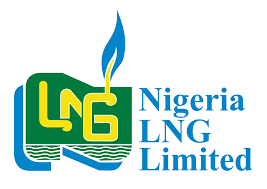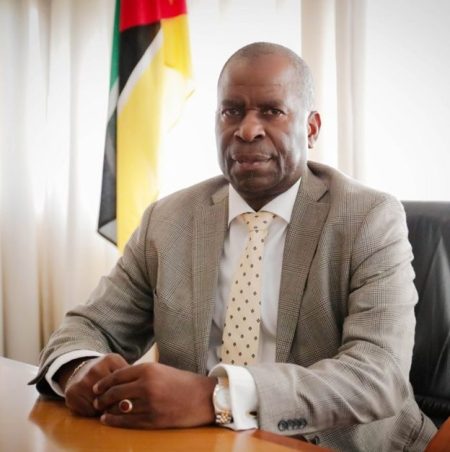18 May 2015, Lagos – Nigeria’s dwindling revenue profile is expected to worsen further, as the Nigeria Liquefied Natural Gas, NLNG, has said it has recorded a 30 per cent decline in its revenue as at April 2015. Specifically, NLNG had in 2014 paid about N220 billion into the coffers of the Federal Government for Corporate Income Tax. This amount does not include the sum the NLNG pays the country as dividends for its 49 per cent holding in the company.
 NLNG puts Nigeria’s overall earnings from the company at over 70 per cent, comprising the 49 per cent dividend, 30 per cent Corporate Income Tax (CIT) and other taxes. Speaking at the External Stakeholders Forum as parts of activities marking the NLNG Commercial Week 2015, Deputy Managing Director of the company, Mr. Isa Inuwa, stated that NLNG’s revenue was impacted by the falling crude oil price and the low consumption of its products.
NLNG puts Nigeria’s overall earnings from the company at over 70 per cent, comprising the 49 per cent dividend, 30 per cent Corporate Income Tax (CIT) and other taxes. Speaking at the External Stakeholders Forum as parts of activities marking the NLNG Commercial Week 2015, Deputy Managing Director of the company, Mr. Isa Inuwa, stated that NLNG’s revenue was impacted by the falling crude oil price and the low consumption of its products.
He said, “Our prices are indexed to crude; at least a significant portion of our portfolio. The price of gas is indexed to Brent, hence if there is a fall in the prices of Brent; it means we will sell for less.” To cushion against the effect of the declining crude price, Inuwa stated that the NLNG is looking at its operating model and is considering increasing its gas output. To this end, he stated that the company is investing in the upstream sector to ensure continuous gas supply and feed stock to its plants in quantity that will enable it meet the contractual obligations to its customers and also deliver value to its shareholders.
He further stated that between year 2020 and 2021, the agreements and contracts on its Trains one to three, with a capacity of 10 million tonnes, are expected to come to an end, adding that the NLNG has already developed an aggressive marketing strategy to re-market the Trains and it will be looking at destinations and buyers for its commodities. Also speaking, Mr. Patrick Olinma, General Manager, Commercial, NLNG, stated that the decline in the prices of crude oil has had a significant impact on the business of the company, especially as about 100 per cent of its portfolio are currently indexed to Brent crude.
He further stated that Nigeria’s global LNG supply has dropped from eight per cent to five per cent, due to low gas output and increased competition in the global gas market. He estimated the company’s revenue at $10 billion in 2015 against 2014 figures, adding that the low crude oil price will also lead to delayed and/or cancelled projects and Final Investment Decisions with multiplier effect on the overall economy.
According to Olinma, the Nigerian economy has taken a major hit from the oil price decline in several sectors, stating that we are yet to feel the full effect of the price decline. He further stated that the global oil price decline has affected NLNG’s revenue and profitability and would likely affect its contributions to Nigerian economy. He said, “We have lost 30 per cent of our revenue as at April, compared to 2014.
Also, we used to pride ourselves that we supply eight per cent of global LNG supply, but we have dropped to about five per cent today. If we manage to do Train 7, we will add an additional 8.5 million tonnes which may not be able to move us back to eight per cent, but at least we will move up beyond five per cent of global supply where we are today.” Olinma, however, stated that despite the crude oil price decline, NLNG will be able to support its upstream investments so as guarantee gas for our facility. “When you have this kind of reduction revenue in terms of pricing, one of the other ways to mitigate this is to increase your volume and gain market share,” he added.
– Vanguard



